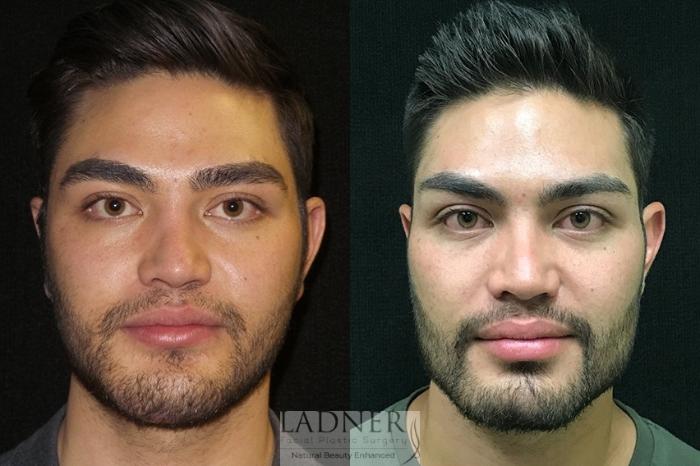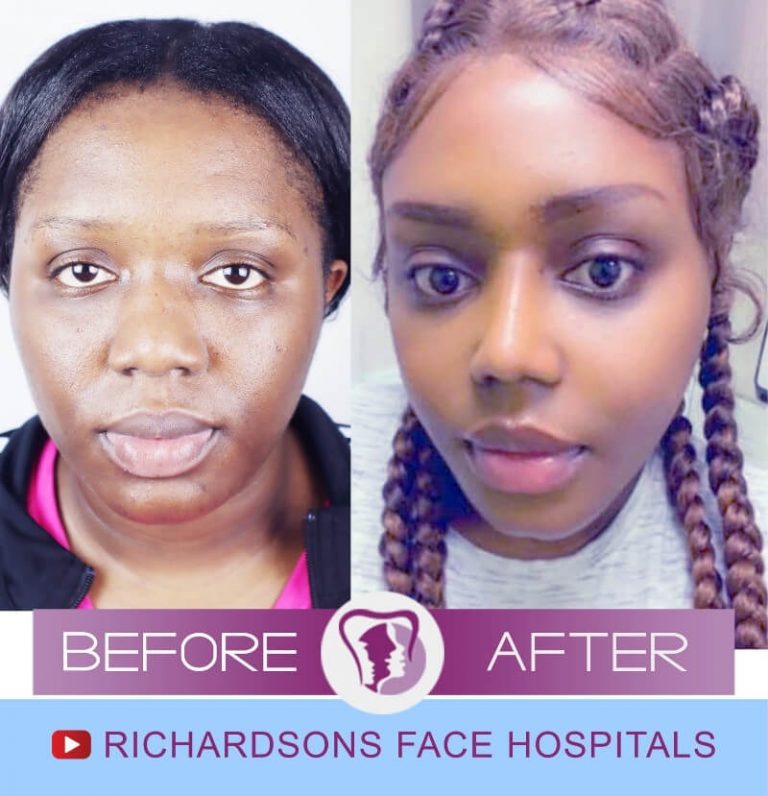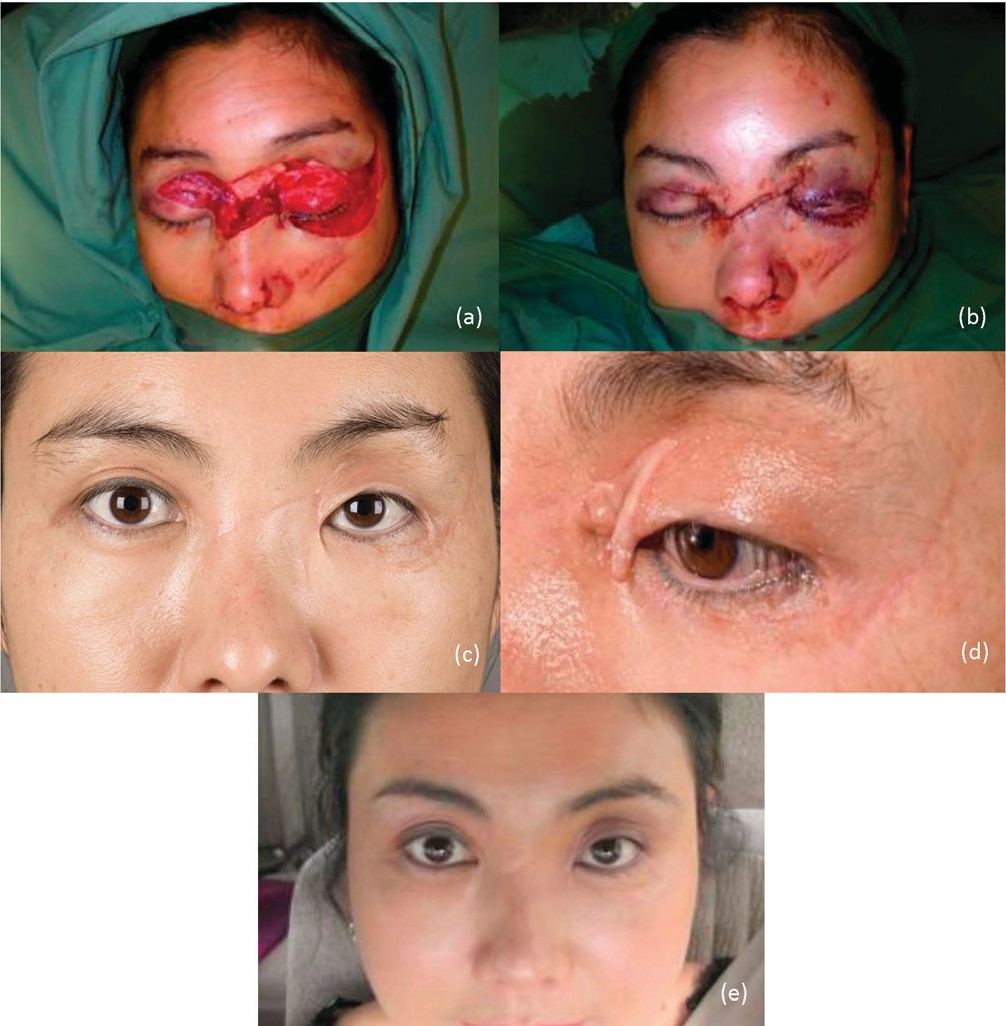Examining the Mental and Social Factors That Drive People to Consider Cosmetic Surgical Treatment as a way of Renovation
The choice to pursue cosmetic surgery usually expands beyond mere aesthetics, linking with emotional and social dynamics that merit complete assessment. Aspects such as self-confidence, pervasive societal beauty requirements, and the prevalent impact of social media converge to shape private inspirations for surgical improvement.
The Duty of Self-Esteem
Self-confidence dramatically affects an individual's choice to go after cosmetic surgical treatment. Individuals with reduced self-worth usually regard themselves in an unfavorable light, leading to feelings of insufficiency concerning their physical look.

Eventually, the duty of self-confidence in the decision-making process relating to plastic surgery highlights the complex interplay between body photo, individual fulfillment, and psychological health and wellness. Comprehending this connection is vital for medical care specialists to ensure that patients are making informed decisions rooted in realistic assumptions and psychological health.
Social Beauty Requirements
Influenced by pervasive media portrayals and cultural narratives, societal charm requirements play a crucial role in forming people' assumptions of their very own bodies. These criteria are frequently defined by an idealized type of appeal that highlights qualities such as slimness, youthful vigor, and symmetry. As these suitables are bolstered with different channels, consisting of advertising and marketing, tv, and film, individuals frequently internalize these messages, leading to frustration with their all-natural look.
The ramifications of these societal standards expand past aesthetic choices; they can impact self-confidence, mental wellness, and interpersonal relationships. People that regard themselves as falling brief of these standards may experience feelings of inadequacy, motivating a wish for plastic surgery as a way of achieving social authorization. This search is typically sustained by the belief that complying with these suitables will improve not only physical look however likewise social standing and individual satisfaction.

Impact of Social Media Site
The impact of social appeal standards is additional enhanced by the increase of social media systems, where curated images and idyllic representations of charm are common. Individuals are constantly exposed to filteringed system and edited photos, which typically portray unattainable physical attributes. This direct exposure grows a culture of contrast, leading individuals to analyze their very own look versus these typically impractical criteria.
Social media site influencers and stars regularly advertise cosmetic treatments, normalizing the concept that surgical improvements are a sensible methods for attaining societal perfects (plastic their explanation surgery rancho cucamonga). The presence of these improvements can create an understanding that going through cosmetic navigate to these guys surgical treatment is a typical method, consequently affecting individuals to take into consideration comparable treatments as a pathway to enhanced self-esteem and social approval
In addition, the interactive nature of social networks enables prompt feedback through sort and remarks, further enhancing the desire to adapt popular charm criteria. Such interactions can aggravate feelings of insufficiency and drive individuals toward cosmetic surgical treatment as a way of acquiring validation. Inevitably, social media plays a critical role fit understandings of beauty, which dramatically impacts the decision-making procedures bordering plastic surgery.

Cultural Viewpoints on Look
Across various societies, assumptions of look are deeply rooted in historical, social, and economic contexts, shaping individuals' sights on charm and value. In several societies, look offers as a significant marker of identity, influencing social condition, expert opportunities, and individual relationships. As an example, in some cultures, light skin is usually associated with riches and advantage, while others might idealize darker complexion as icons of strength and credibility.
Moreover, standard beauty standards are usually bolstered with cultural narratives, media depictions, and family influences, leading to varying ideals across various areas (plastic surgery rancho cucamonga). In Western societies, the focus on young people and physical conditioning frequently drives individuals toward aesthetic improvement, while in particular Eastern cultures, even more subtle changes lined up with typical appearances might be favored
Globalization and the spreading of digital media have even more complicated these characteristics, developing a hybridization of charm ideals that goes beyond geographical borders. As individuals progressively browse these cultural stories, the stress to comply with specific appearance standards can lead to the need for plastic surgery, reflecting an intricate interplay of personal ambitions and social values. Recognizing these cultural viewpoints is vital in addressing the inspirations behind plastic surgery factors to consider.
Emotional Impacts of Aesthetic Surgery
Many people looking for cosmetic surgery record experiencing extensive emotional impacts that can substantially change their self-perception and emotional wellness - plastic surgery rancho cucamonga. The need for physical improvement commonly originates from underlying issues such as reduced self-confidence, body dysmorphic condition, or societal pressures relating to appeal requirements. For some, the instant post-operative phase can cause a short-term boost in confidence and complete satisfaction with their look, promoting a sense of empowerment
However, these favorable sensations might not be enduring. Research indicates that while some clients experience enhanced self-esteem, others might encounter heightened anxiousness or anxiety if their expectations are not met. This discrepancy can arise from impractical ideals bolstered by media depiction and cultural from this source narratives bordering charm.
Additionally, the psychological ramifications of cosmetic surgery prolong beyond the person. Relationships with family members and close friends might be stressed as social dynamics change, leading to feelings of isolation or alienation. Inevitably, the mental influences of plastic surgery are complicated and complex, requiring careful factor to consider by both potential people and health care providers to ensure educated decision-making and practical expectations.
Verdict
Finally, the decision to pursue plastic surgery is significantly affected by a combination of self-confidence problems, social charm requirements, and social perspectives on appearance. The pervasive reach of social networks further intensifies these stress, advertising unrealistic suitables that people typically aim to acquire. Understanding these mental and social aspects is crucial for dealing with the inspirations behind cosmetic surgical procedure, highlighting the need for a more nuanced conversation surrounding elegance and self-acceptance in modern culture.
The choice to seek cosmetic surgery usually expands past plain aesthetic appeals, linking with social and emotional characteristics that merit comprehensive evaluation. Ultimately, social media plays a critical duty in shaping perceptions of beauty, which considerably impacts the decision-making processes surrounding cosmetic surgery.
As individuals increasingly browse these social narratives, the pressure to adhere to particular appearance standards can lead to the desire for cosmetic surgery, reflecting a complex interplay of personal goals and cultural values.In final thought, the decision to go after cosmetic surgical procedure is significantly influenced by a combination of self-confidence issues, societal appeal criteria, and social viewpoints on look. Recognizing these emotional and social aspects is essential for resolving the motivations behind cosmetic surgical treatment, highlighting the need for an extra nuanced discussion bordering charm and self-acceptance in modern culture.